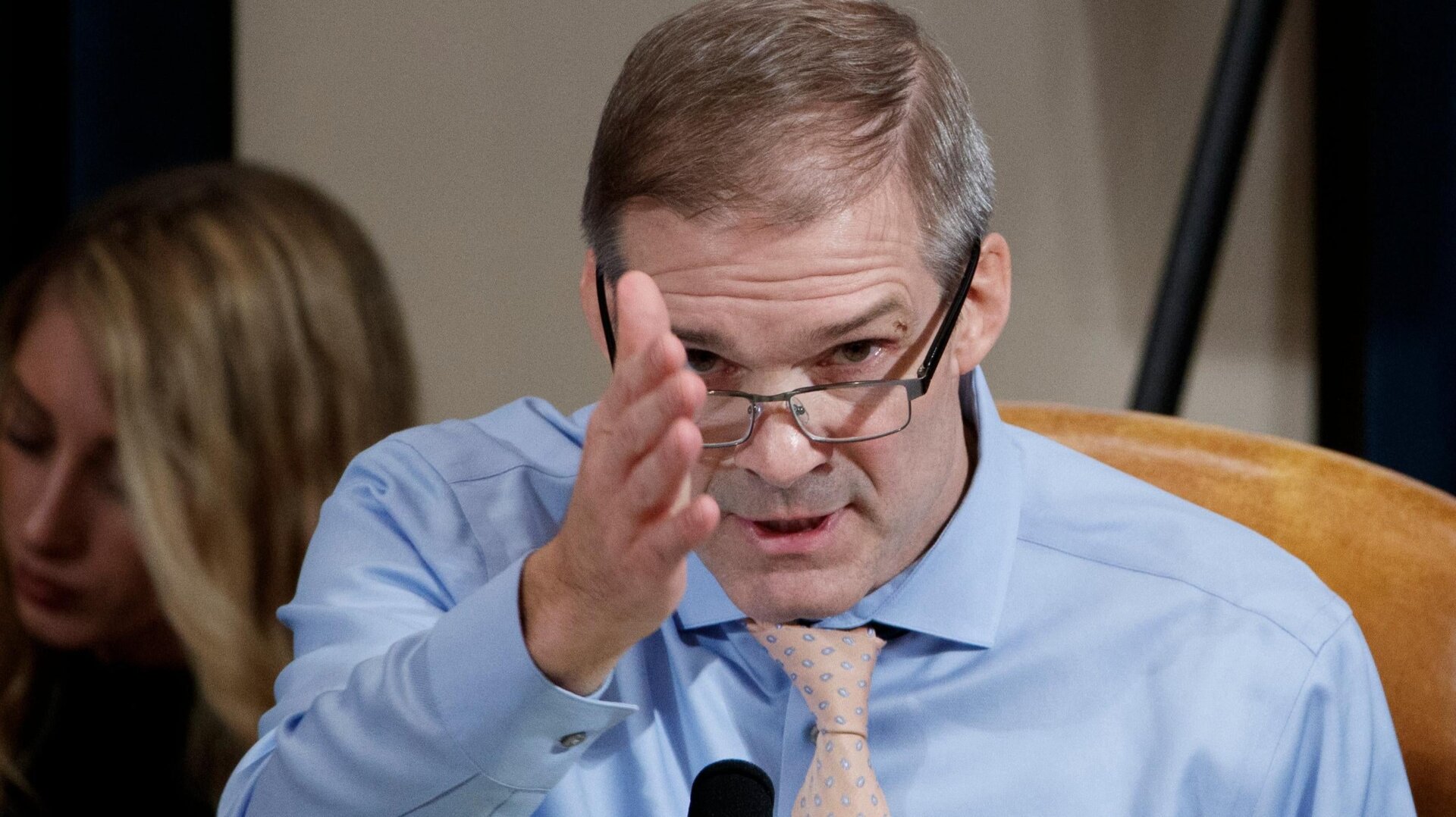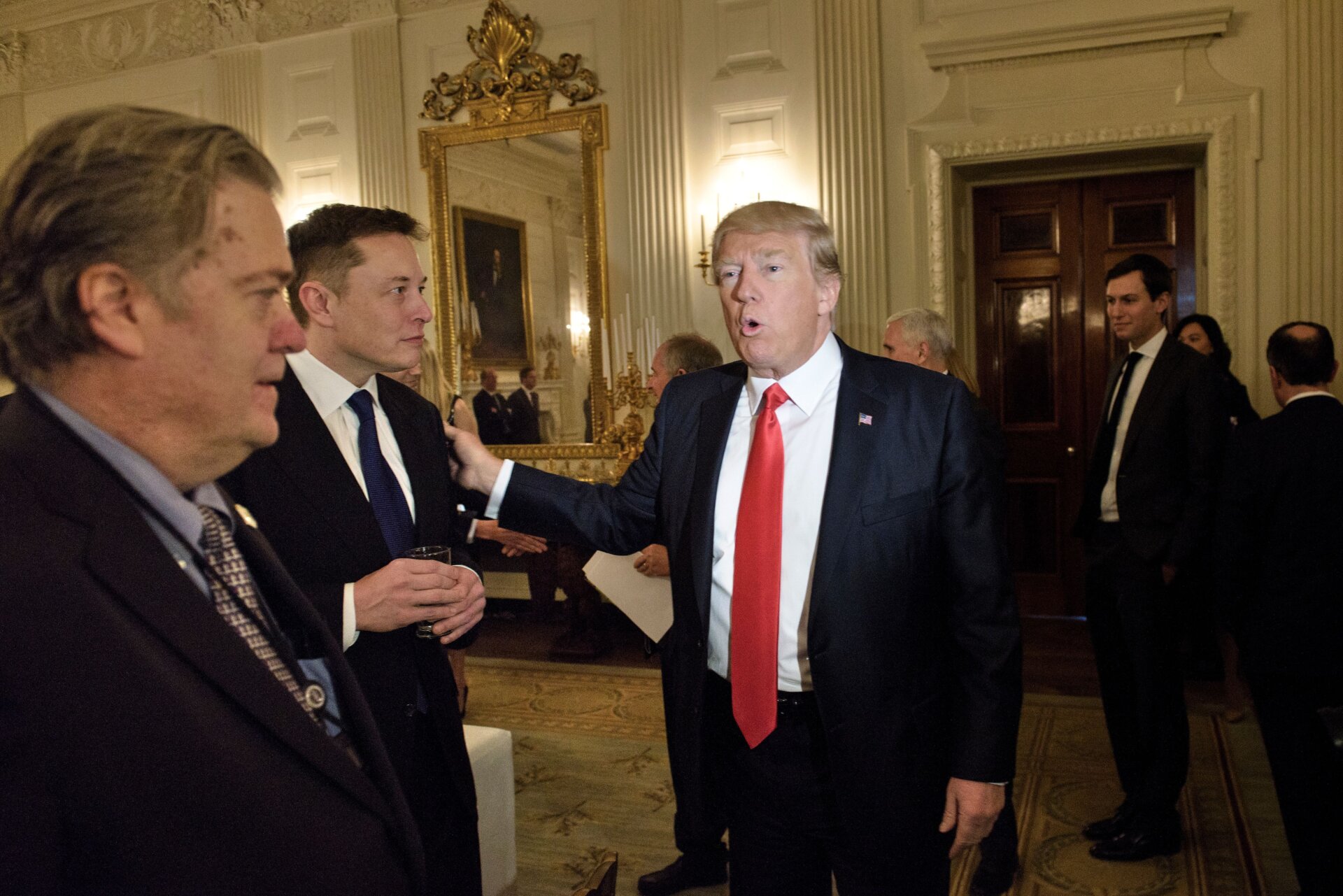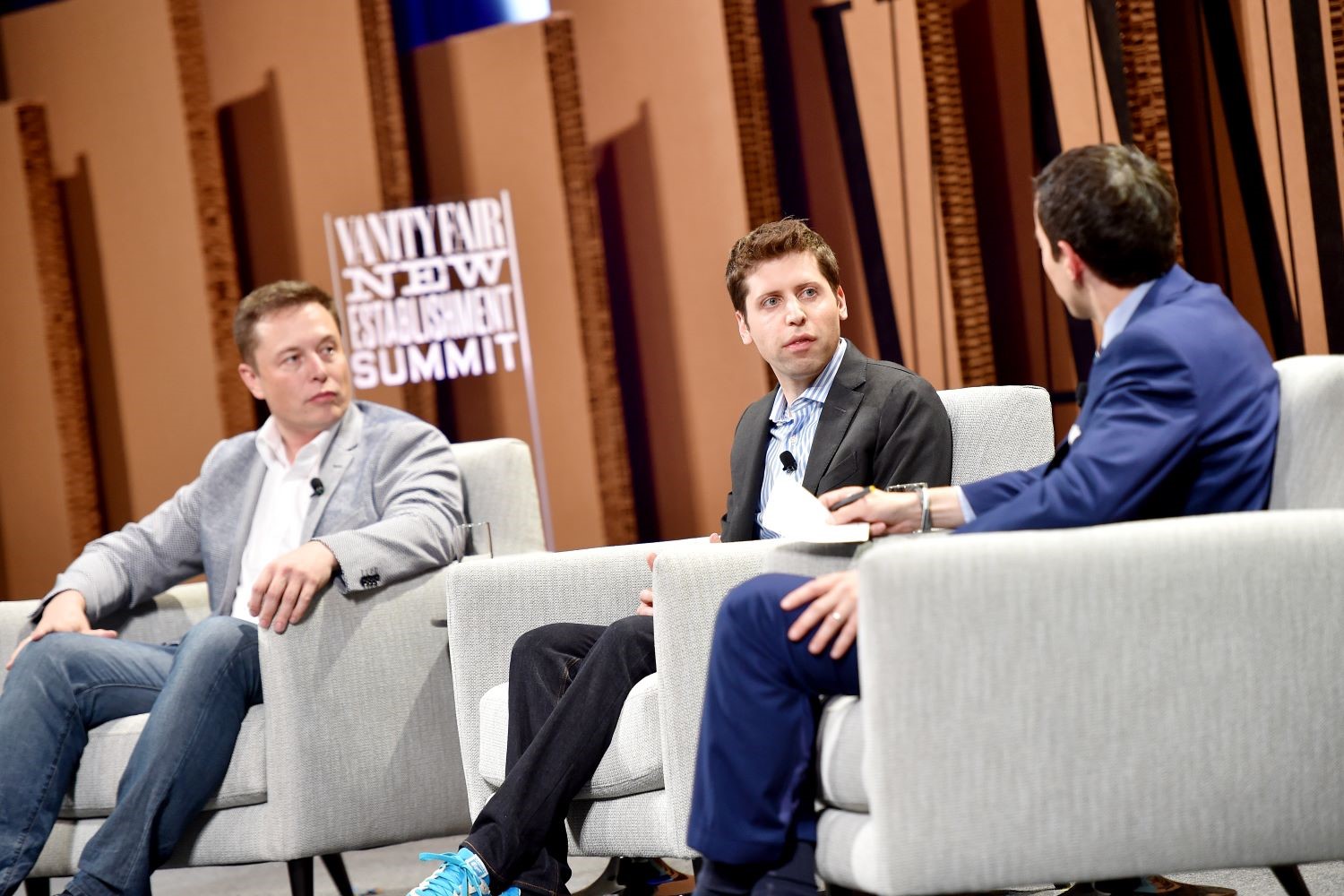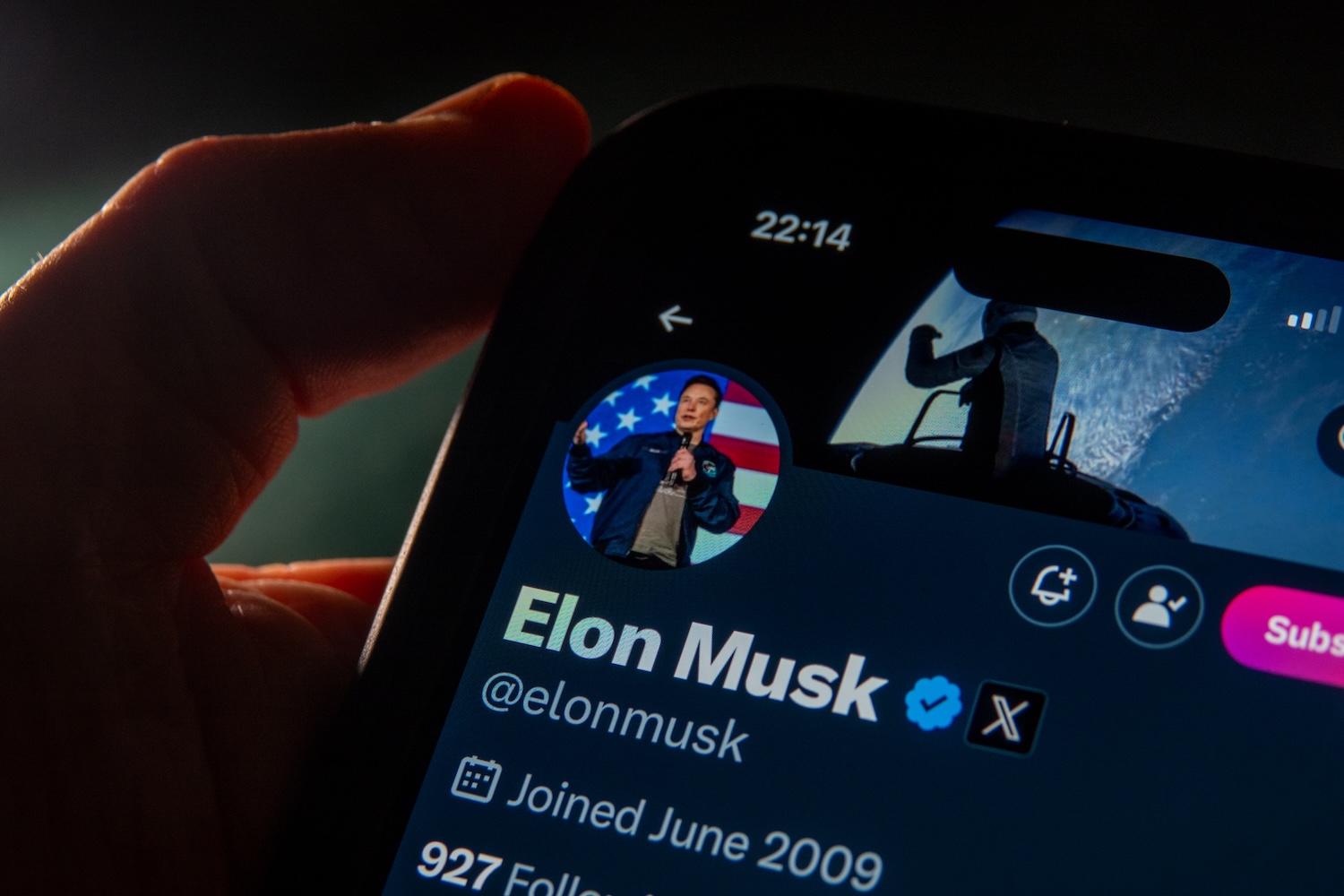House Republicans this week rammed through an ill-constructed, self-aggrandizing “anti-censorship” bill supposedly aimed at preventing federal agents from pressuring tech companies to stifle conservatives. The bill, inspired in part by Republican outrage over Twitter’s handling of the Hunter Biden laptop story and other so-called Twitter Files revelations, passed 219-206 in a straight party-line vote. The bill’s almost guaranteed to die in the Democratically controlled Senate.
As written, the Protecting Speech from Government Interference Act would ban “federal employees from advocating for censorship of viewpoints in their official capacity.” That language appears directly inspired by recent Twitter Files documents, which suggest both Democrats and Republicans possessed the ability to report tweets believed to have violated company rules to Twitter and potentially have them removed. Republicans allege Democratic officials used this to disproportionately pressure allegedly left-leaning tech companies into censoring conservative viewpoints or topics. Ironically, a former Twitter safety policy team expert said former President Donald Trump used this same policy avenue to try and convince Twitter to remove a Chrissy Teigen post calling him a “pussy ass bitch.” Republicans clearly love free speech.
How would the new tech censorship bill work?
House Oversight and Accountability Chairman Rep. James Comer, who is also the bill’s lead author, says the proposal would expand the Hatch Act—1939 law preventing federal employees from engaging in political activities—to apply to feds allegedly advocating or promoting censorship. Officials found to have violated the wide-reaching restrictions could risk losing their jobs or facing civil penalties up to $10,000. The bill would also prevent officials from advocating for or promoting the “addition of any disclaimer, information, or other alert,” on a users’ posts. That provision appears to take direct aim at misinformation labels and other fact-checks put in place by social media companies in recent years, i.e. Twitter’s Community Notes feature.
“President Joe Biden and his administration have become the party of censorship,” Energy and Commerce Committee Chair Rep. McMorris Rodger said in a statement following the vote. “They’re actively silencing American voices in order to control the narrative to benefit their political agenda.”
Republicans believe that expansion could prevent a repeat of Twitter’s handling of the Hunter Biden laptop story, but that’s not necessarily true. During a hearing last month, former Twitter head of trust and safety Roth said Twitter makes its moderation decisions independently, even if government officials are the ones to report content. Government takedown requests for social media companies also aren’t new. In fact, Twitter regularly releases transparency reports showing the amount and types of takedown requests the company receives from government officials around the world, and it has for over a decade.
Wait, what about the First Amendment?
Even if one felt inclined to agree with the bill on its merits (you probably shouldn’t) opponents say it’s simply unnecessary. Speaking at a hearing prior to the vote, New York Democratic Rep. Daniel Goldman said the protections the bill claimed to fight for already exist in the First Amendment.
“This bill purports to protect free speech from government censorship,” Goldman said Wednesday. “And I agree, it’s a great idea. It’s such a good idea, in fact, that the Founding Fathers put it in the Constitution. It’s called the First Amendment.”
Others, like Ohio Democratic Rep. Greg Landsman, feared the bill would make it even more difficult to spot and remove disinformation posts attempting to spread foreign propaganda. Jesse Lehrich, the co-founder of tech advocacy group Accountable Tech, similarly said the GOP bill appears to solve problems already handled by the First Amendment right to speech.
“While I appreciate House Republicans’ apparent desire to protect Chrissy Teigen’s right to hurl insults at Trump without him weaponizing the government to silence her, I think the first amendment has it covered,” Lehrich said in an interview with Gizmodo. “It’s frustrating that rather than channeling the bipartisan momentum on everything from overhauling our antitrust laws to passing strong federal privacy legislation, these guys are devoting all their time to culture war bullshit and letting Big Tech off the hook.”
Aside from being unnecessary, the bill’s targets also appear unbalanced. The recently formed Select Subcommittee on the Weaponization of the Federal Government has taken every opportunity it can to point out perceived instances of tech moderator bias against conservatives but has simultaneously remained silent following reports of now-deified Twitter CEO Elon Musk reportedly censoring content critical of Indian Prime minister Narendra Modi and blacklisting journalists.
“But US officials simply flagging tweets that appeared to violate Twitter’s own policies on dangerous COVID misinformation and non-consensual nudity was apparently a bridge too far,” Lehrich added.
One key group that’s largely remained silent on the issue are Big Tech firms themselves. None of the major social media platforms have released statements condemning or supporting the laws opting instead to let lawmakers duke it out among themselves. Though it may seem counterintuitive, NetChocie, one of the largest advocates for tech companies, has actually encouraged debates around the GOP bill.
“Threats to free speech should be a bipartisan concern, and we must ensure our leaders respect those freedoms,” NetChoice Vice President & General Counsel Carl Szabo said in a statement emailed to Gizmodo. “No politician or government employee should use their power to suppress Americans’ free expression.”
Nobody wants to wind up a political punching bag, but Congress’s focus on perceived government censorship claims actually presents less actual danger to social media companies than other issues like antirust or privacy reforms. Content moderation in any form is pretty much guaranteed to leave some percentage of users pissed off but bill’s like the one proposed by House Republicans in a sense give tech companies a mandated excuse to tap out of difficult policy decisions.
“It’s good to see this important issue being examined by Congress,” Szabo added.
The bill passed the same day as a contentious hearing on the Twitter Files and Hunter Biden’s laptop
Voting on the bill came within hours of a separate contentious Twitter Files hearing where lawmakers either grilled or lavishly praised Matt Taibbi and Michael Shellenberger, two of the journalists involved with the story. House Republicans on the House Judiciary Select Subcommittee used the platform to hammer down on censorship arguments while Democrats accused the reporters of using cherry-picked evidence to advance a false narrative of tech and government collusion.
“Republicans have brought in two of Elon Musk’s public scribes to release cherry-picked, out of context emails and screenshots designed to promote his chosen narrative,” Democratic Rep. Stacey Plaskett, the committee’s ranking member, said according to The Hill. Plaskett went on to dismiss Taibbi and Shellenberger as “so-called journalists,” before pressuring them to admit if Elon Musk was the source responsible for releasing the Twitter Files.














